The march in New Delhi on February 13 has been called by several farmer groups, the most of which are from Punjab, Haryana, and Uttar Pradesh. One of the criteria the farmers agreed to when they decided to end their protest in 2021 is that a legislation guaranteeing the Minimum Support Price (MSP) for their crop be passed.
In the meantime, the government of Haryana has blocked the state’s border with Punjab using concrete blocks and barbed wire in an attempt to stop the angry farmers’ planned “Dilli Chalo” march. In order to lessen traffic congestion, Delhi Police has also released a traffic warning for commuters.
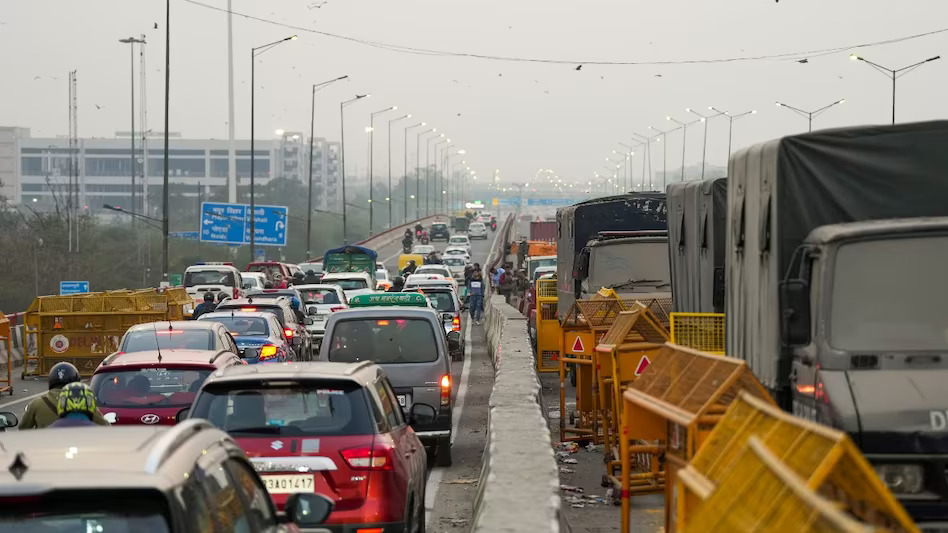
Ten updates about the farmers' protest are provided below:
- More than 200 agricultural unions are planning to march to Delhi on February 13 to pressure the Central government to acquiesce to a number of requests, including the creation of a legislation securing a minimum support price (MSP) for crops. This announcement has been made by the Kisan Mazdoor Morcha and the Samyukta Kisan Morcha (Non-Political).
- The farmers are demanding not only a legal guarantee for the minimum support price (MSP) but also the implementation of the recommendations made by the Swaminathan Commission, pensions for farmers and farm laborers, the waiver of farm debt, the dismissal of police cases, and “justice” for the victims of the violence in Lakhimpur Kheri.
- In addition, the Haryana government banned all forms of protests and marches in the state by enforcing Section 144 of the CrPC, which forbids the gathering of five or more individuals in fifteen districts.
- In seven districts—Ambala, Kurukshetra, Kaithal, Jind, Hisar, Fatehabad, and Sirsa—the Haryana government has halted bulk SMS and mobile internet services from February 11 to 13.
- Amidst the planned farmers’ protest, the Chandigarh administration also enforced Section 144 in the city for a 60-day period.

ALSO READ:- Learn what transpired in India on 6 February
- There is now more security in the vicinity of Delhi’s border with Tikri. Police officers stationed large containers, iron and cement barricades, and water cannons at Delhi’s Singhu border to avert any unfortunate incident.
- They have been asked by the Center to a meeting on Monday, February 12th, to talk about the requests of farmers. On February 12, Piyush Goyal, Arjun Munda, and Nityanand Rai will go to Chandigarh to meet with a deputation from the Kisan Mazdoor Morcha and the Samyukta Kisan Morcha (Non-Political).
- Bharatiya Kisan Union (BKU) Lakhowal leaders declared that while they will not participate in the ‘Delhi Chalo’ demonstration on February 13, they will object if farmers are mistreated while marching. The ‘Gramin Bharat Bandh’ protest, which is scheduled to february 6.
- Additionally, Delhi Police has enforced Section 144, which forbids the assembly of more than two individuals in public spaces at any border crossing between the nation’s capital and Uttar Pradesh as well as adjacent territories within the northeast district’s jurisdiction. Additionally, the Delhi Police has outlawed the entry of any vehicles used to transport protestors from Uttar Pradesh into the city, including tractors, trolleys, buses, trucks, commercial vehicles, personal cars, and horses.
- Mallikarjun Kharge, the president of the Congress, attacked the Modi administration on Sunday, claiming that during its ten years in office, “Kisan” and “jawan” have been “ruined.” Kharge asserted that the federal government had not yet released a notification about the repeal of the three farm laws, while extending the support of his party to the farmers’ ‘Delhi Chalo’ request.
- A large-scale protest against the three now-repealed agricultural regulations took place in 2020 on Delhi’s border points, Singhu, Tikri, and Ghazipur, by farmers mostly from Punjab, Haryana, and Uttar Pradesh. The demonstration lasted a full year. These were the Farmers’ Produce Trade and Commerce (Promotion and Facilitation) Act, the Farmers (Empowerment and Protection) Agreement of Price Assurance and Farm Services Act, and the Essential Commodities (Amendment) Act.

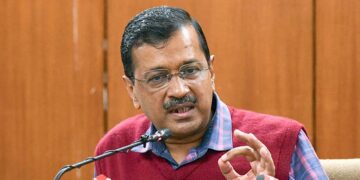
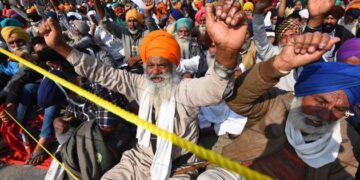
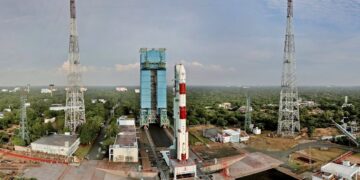

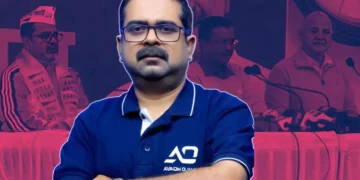
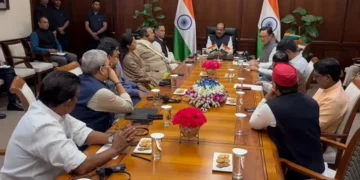
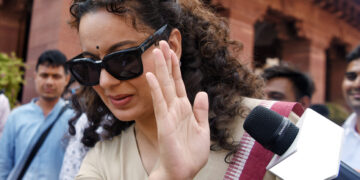
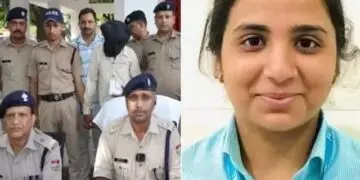

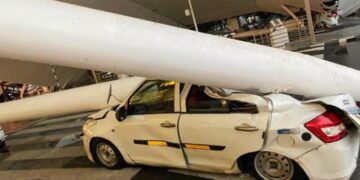




























Comments 1